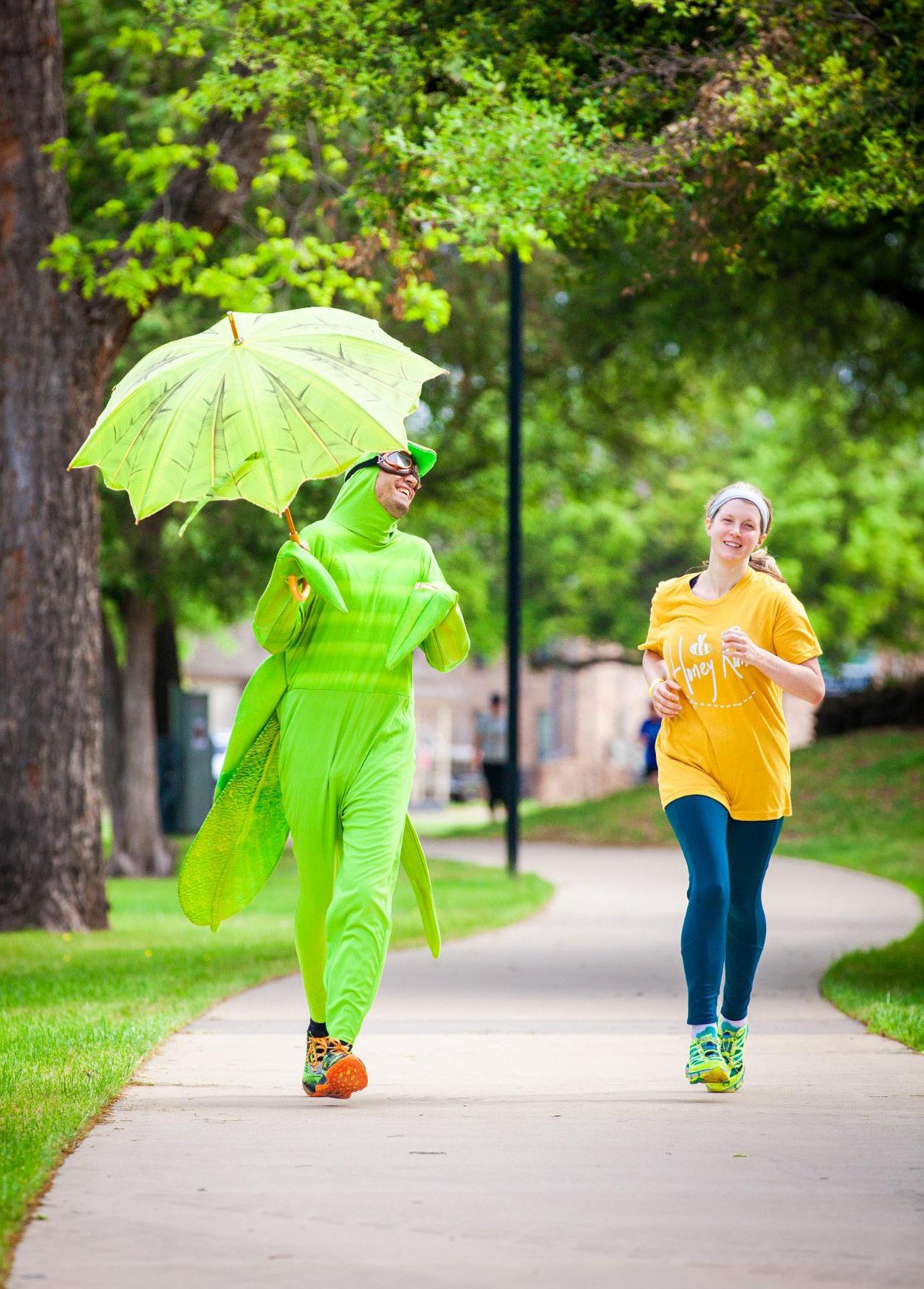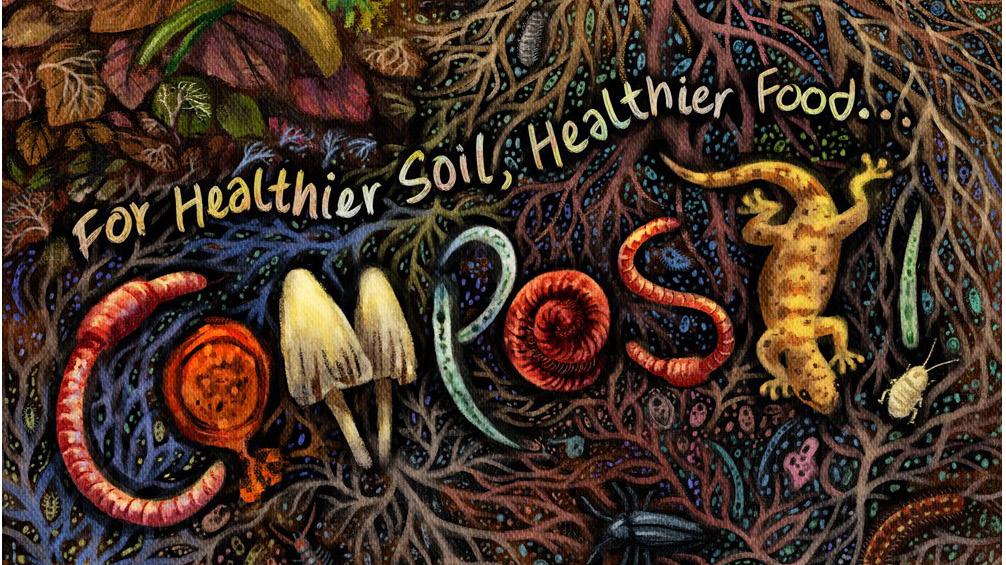
3 minute read
Community EVENTS
Twilight Tunes
Thursdays, May 4 - June 29
Advertisement
Downtown Denton, 6:30-8 p.m.
Denton Community Market
Every Saturday, 9 a.m. - 1 p.m. April through November
8th Annual Honey Run
5K, 10K, and 1-Mile Fun Run
Saturday, May 20 | 8 a.m. to noon
Clear Creek Heritage Nature Center Register at www.dentonparks.com
Denton Juneteenth
Celebration and Parade
Friday and Saturday, June 16-17 Fred Moore Park www.dentonjuneteenth.com

Liberty Run and 1-Mile Walk
Saturday, July 1
Race begins at 7:30 a.m. Denton Civic Center
Yankee Doodle Parade
Saturday, July 1
Downtown Denton, 9 a.m.
Jubilee Festival and Drone Show
Monday, July 3
Downtown Denton, 6-10 p.m.
Enjoy live music, free family fun, food trucks, games, and more!
Drone Show begins at 9:30 p.m. sponsored by Denton Noon Kiwanis Club
Dyno Dirt Compost, Soil Blend, and Mulch are Excellent for Gardens and Landscapes and Make Efficient Use of Our Resources

Open Tuesday-Saturday, 7 a.m.-3 p.m. at 1100 S. Mayhill Rd.
The Beneficial Reuse Dept. sells Dyno Dirt, a compost product made with brush and yard trimmings collected by the Solid Waste Dept and biosolids recycled from the Pecan Creek Water Reclamation Plant. We offer homeowners and gardeners nutrient-rich soil that has excellent moisture-retention properties.
Product applications include landscape planting and mulching, lawn establishment and maintenance, vegetable and flower gardens, and nursery and greenhouse production. The Dyno Dirt program is an excellent example of city-wide recycling cooperation. The program prolongs our landfill’s life by recycling material that might otherwise go unused. Visit www.cityofdenton.com/dyno or call (940) 349-8290.
Doing more by doing less to help to help early season pollinators
According to the National Park Service, 1 out of every 3 bites we eat comes from the hard work of a pollinator like bees, birds, and butterflies. But sadly, they're under threat from the loss of habitat and food sources due to mowing, exposure to pesticides, and the effects of climate contaminants.
According to the U.S. Fish and Wildlife Service, an estimated 67 million birds die from pesticide poisoning each year and more than 600 million are exposed. The estimated pollination losses to food production from pesticides' effects on honey bees and wild bees is a whooping $200 million per year.

“No Mow May” is a conservation initiative backed by research that found that simple changes in mowing can result in enough nectar for ten times more bees and other pollinators. This allows lawn flowers to bloom and feed hungry native bees emerging from their winter retreats. But, if you’re concerned about the appearance of neglect, you can consider a compromise like planting native flowers, allow growth in just certain parts of the yard, or reduce the use of pesticides, herbicides, or fertilizers to minimize contaminants.
To take part in “No Mow May” simply keep the City's ordinance in mind that states that grass or weeds in excess of twelve (12) inches in height must be mowed; however, wildflowers and native grasses are exempt until after the final blooming of the majority of the plants, or after the majority of a species have gone dormant, usually June 1. If you have wildflowers or native grass on your property, you can mow around them until they have gone to seed. Make note, they must be native and you need to be able to identify them.
Lights Out Texas!
Bird migration occurs from March to June and September to November; during this time, light pollution can make birds vulnerable to an estimated 1 billion U.S. fatalities annually. To reduce collisions with buildings and homes, we encourage the community to reduce light pollution during the 2023 Spring Migration:
Spring Migration, March 1-June 15
Peak migration, April 22-May 12


"Birds are essential to our planet’s ecology and local economy. Birds provide ecosystem services, act as benchmarks for environmental health, increase livability, and connect people of all ages and abilities to the natural world. Birds also support the Texas economy. In the Rio Grande Valley alone, Texas A&M found that nature tourism, which is dominated by bird watching, contributes $300 million to the economy and supports 4,407 full and part-time jobs annually." Texas A&M Natural Resources Institute
To reduce migratory bird mortality, we ask that you turn off your non-essential lights from 11 p.m.-6 a.m., and where conflicts apply, prioritize lights out during the critical peak periods. BirdCast tools by Cornell Lab of Ornithology can inform you when increased migration traffic will happen in your area.











